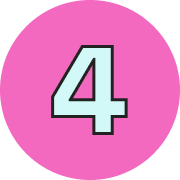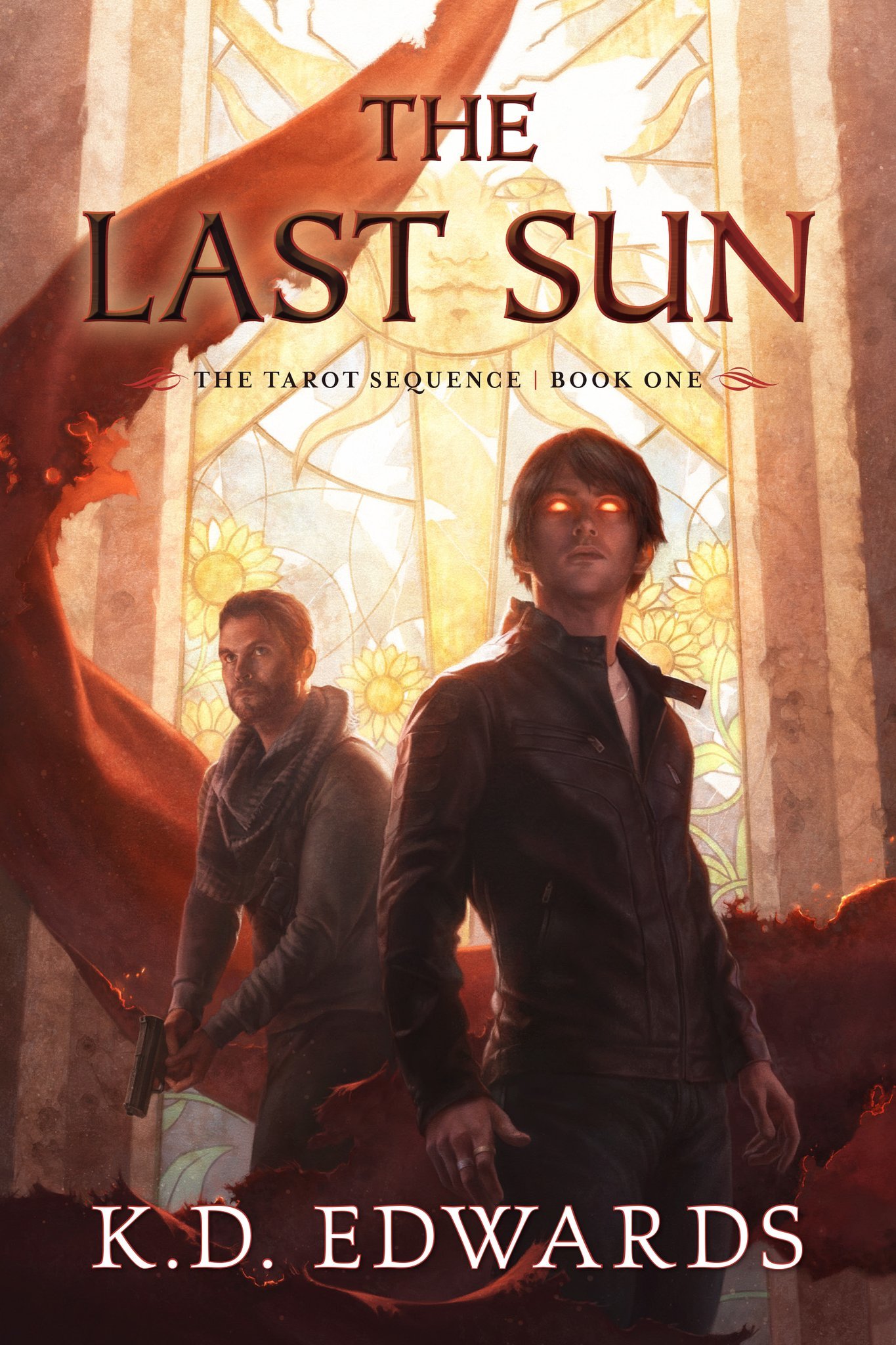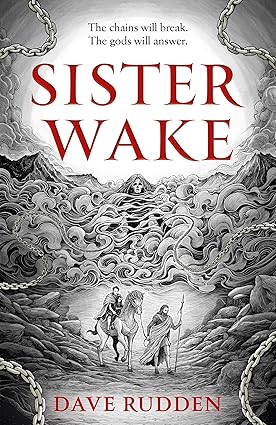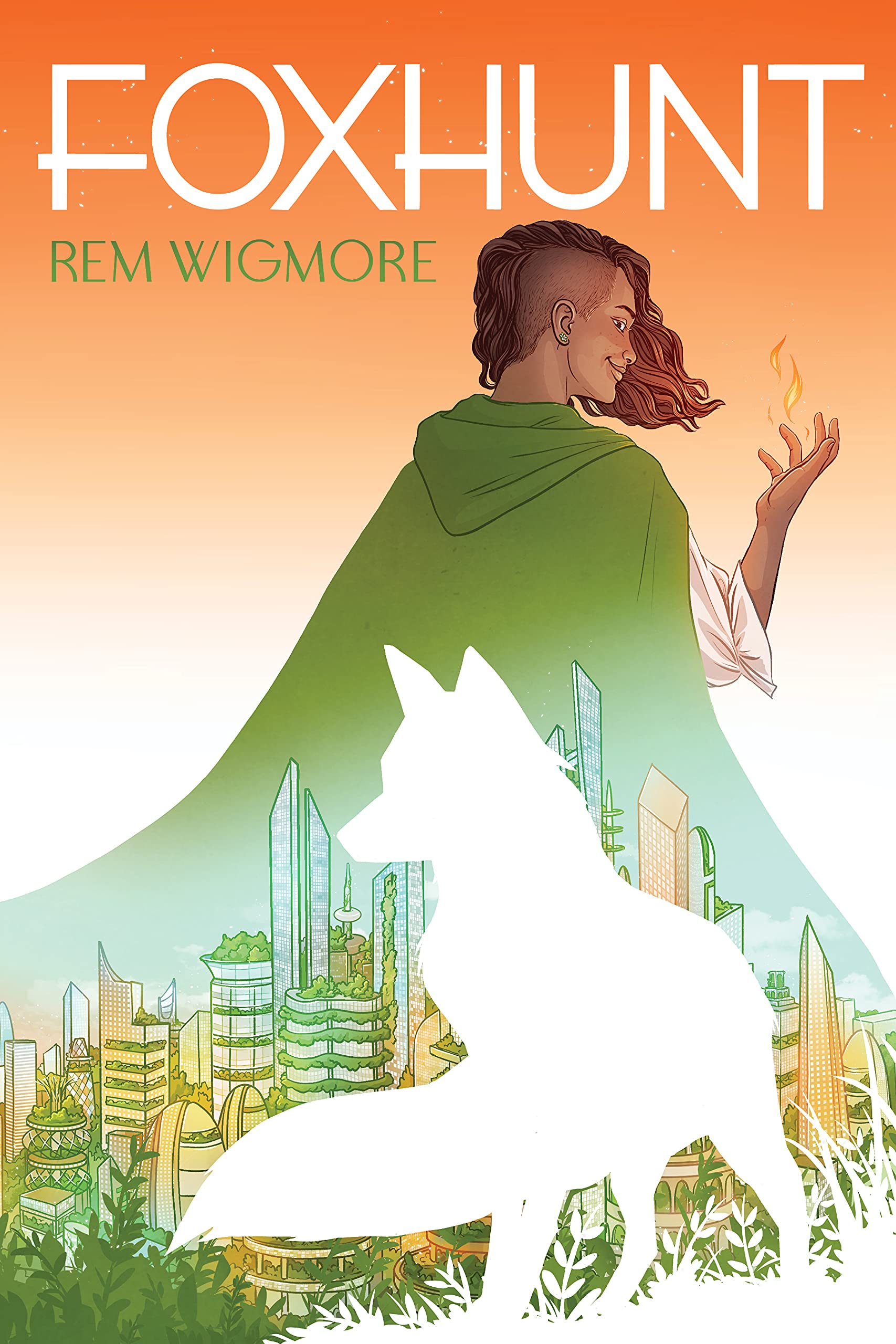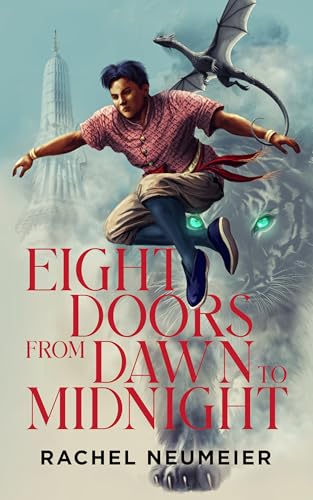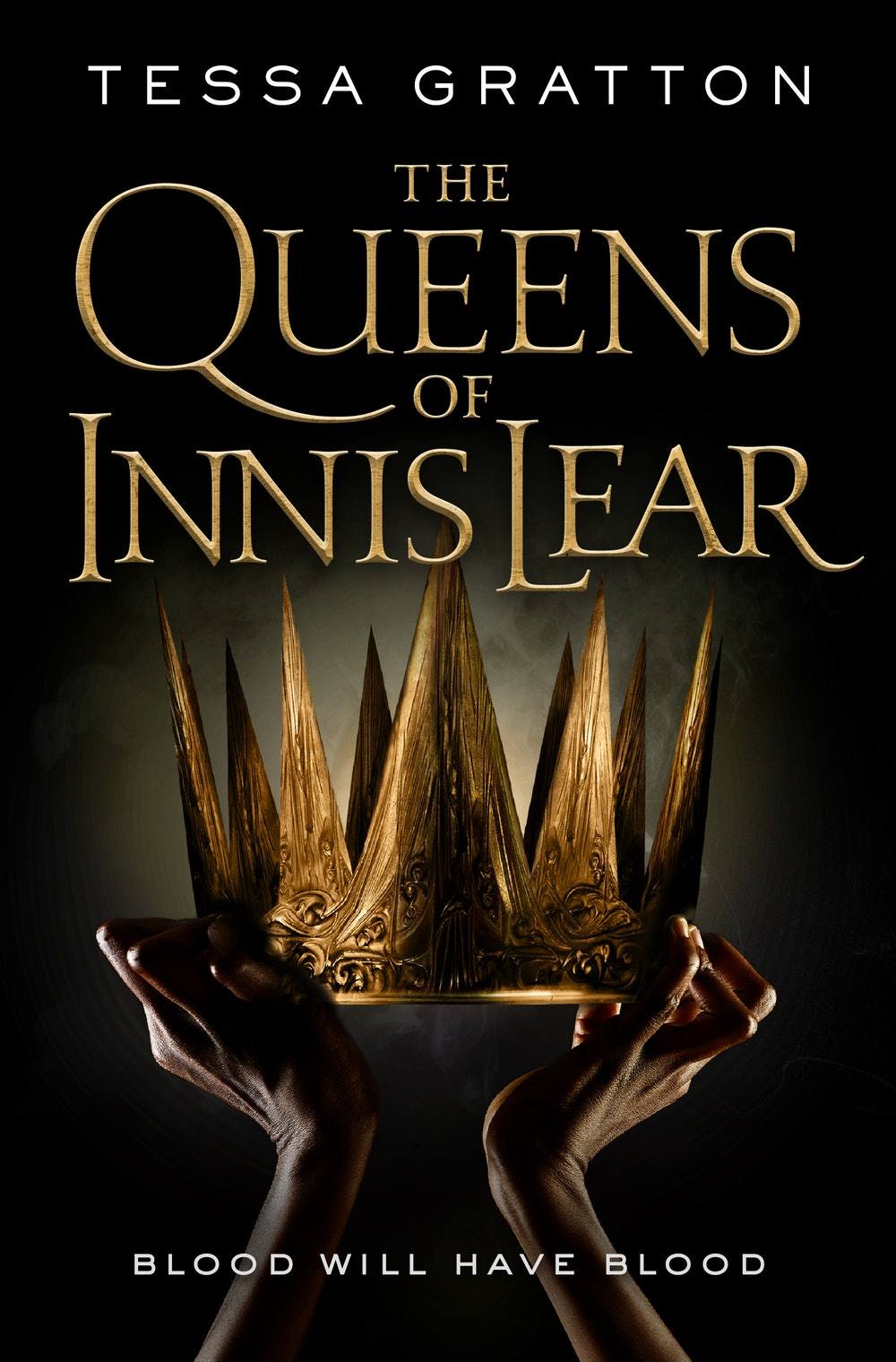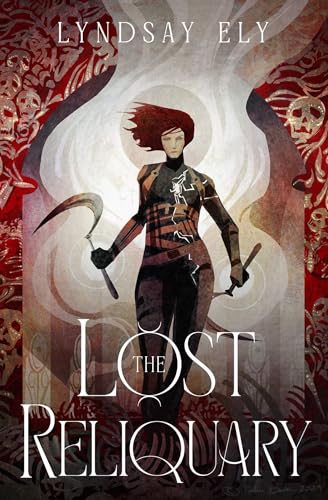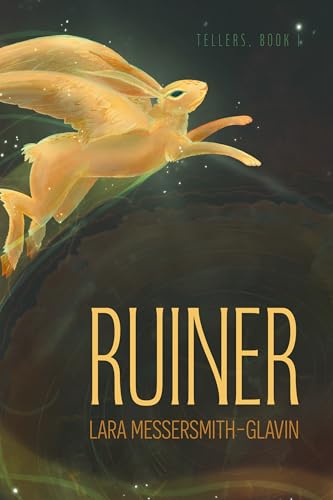Siavahda started reading...
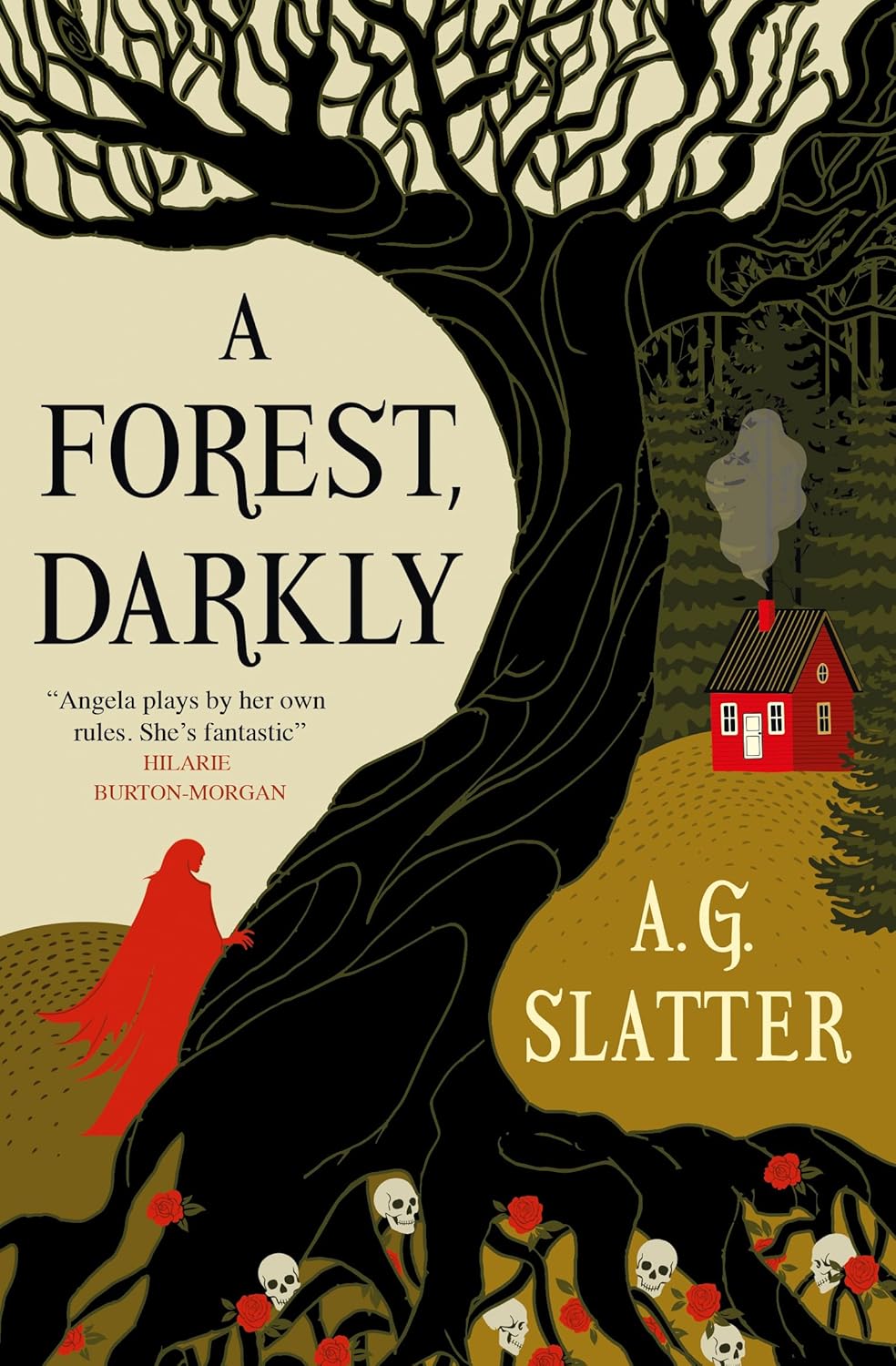
A Forest, Darkly
A.G. Slatter
Siavahda DNF'd a book
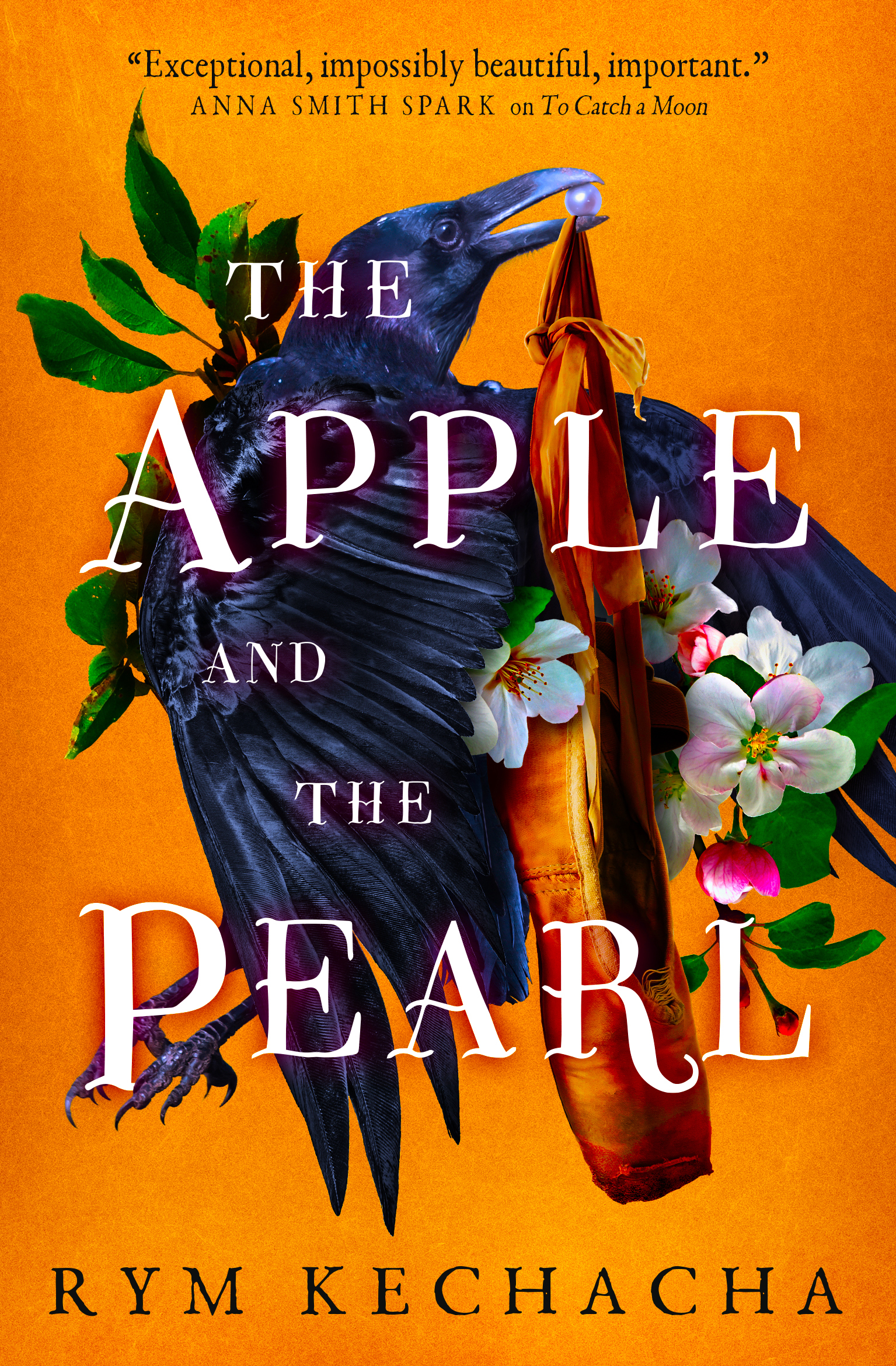
The Apple and the Pearl
Rym Kechacha
Siavahda started reading...
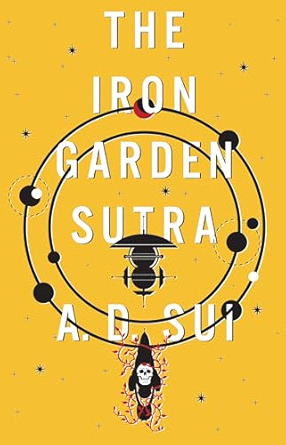
The Iron Garden Sutra (The Cosmic Wheel #1)
A.D. Sui
Siavahda commented on superpuffin's update
Siavahda commented on lupaleget's review of The Changeling Queen
View spoiler
Siavahda commented on Siavahda's review of The Changeling Queen
Well, this was MIND-NUMBINGLY boring. I made it to 41% and couldn’t take it any more.
Lyrical? Sensual? No, not really. The prose isn’t bad, but it’s not what I’d call lovely, either. Feminist? Eh, I guess, in that very, very overdone, healer/witch-in-Medieval-setting way. I saw a few other reviews describe this book as a villain origin story, claiming that Bess was going to go all interesting and dark, but I’m not willing to keep reading in the hopes of that (and the hopes of it being done well and interestingly, at that).
We start in the middle of the Tam Lin ballad: Tam Lin has just been pulled from his horse, and the Seelie Queen, our first-person narrator, insists on telling Janet her (the queen’s) life story in order to make Janet give up Tam Lin. How that’s supposed to work, I don’t know; why the queen doesn’t just kill Janet or steal Tam Lin back (after the whole pulling-him-from-the-horse, holding-him-while-he-shapeshifts challenge) I don’t know. No mention is made of any reasons for the queen not to do either of those things.
The majority of the novel is the queen’s life story. She used to be Bess, a changeling who learned traditional healing from her human mother; not long after said mother dies, her human father kicked her out. Bess ended up living with the shepherd who’s expressed sexual/romantic interest in her, and they’re very happy together for a while. Throughout this, Bess is given reason to suspect that she might not be ‘just’ some changeling, but the changeling daughter of the previous Seelie queen herself – who apparently died in childbirth not very long ago. (Do I hate that childbirth can take out a Seelie queen? Yes. Do we know who has been leading the Seelie court during Bess’ human life? No, no we do not. At least not as of 41% through the book; maybe it’s revealed later.)
This is all broken up occasionally by moments returning us to the Tam Lin story, with Janet asking the queen to just let them go, and the queen (Bess) insisting on telling the story. It feels extremely forced.
Bess’ story just isn’t that interesting. It should be: she should be giving us a faerie perspective on the humanity that surrounds her, but that’s pretty minimal (possibly in part because she doesn’t know much of Faerie herself, having no memories of it). There’s themes of female independence, but I didn’t think it was executed terribly well, and I think the author was trying to go for sensual sex-positivity, but that wasn’t terribly successful either. Bess is mad at the patriarchy, including as it manifests in rich noblewomen, but her temper is all kept on the inside; she very rarely pushes back or makes any waves. Out of nowhere she starts developing magical powers she wasn’t aware of before, and this felt very choppy and hand-wavey to me; she doesn’t question why she has them or why they only appeared now, doesn’t practice with them, and we kept time-skipping over their development – we jumped months and she has new powers she didn’t have in the previous chapter, that kind of thing. She’s possessive of Thomas, her shepherd, and it’s implied that this is something to do with her fae nature and a bargain she and Thomas accidentally struck, but that wasn’t super interesting either. Bess intends to pass through the Veil and go to Faerie, but she keeps waffling on it and finding reasons not to go on the festival days when the Veil is permeable.
You know what would have been interesting? Faerie. Bess politicking and scheming and making allies in order to claim the throne, establish herself as queen. But her practicing as a ‘cunning woman’ in our world was dull as ditchwater, not least because we already know how this is going to go! From what she-as-queen told Janet, we already know that Thomas is going to betray her and leave her. We obviously already know that she does manage to become queen of the Seelie. Why the HELLS does it need to be so drawn out before we get to anything interesting???
So – it’s very likely that the second half is a lot better than the first. You know, once she actually gets to Faerie. But even if that’s so, the set-up of this being a story she’s telling Janet was incredibly clunky and forced, and doesn’t make a whole lot of sense. The prose is nowhere near what I’d call lyrical or sensual. Bess as an individual wasn’t very interesting to me; her human life certainly wasn’t. Maybe the second half of the book is better, but I’ll never know, because I’m not forcing my way through any more of the deeply meh first half.
Siavahda started reading...

The Cloak and Its Wizard: A modern fantasy full of monsters, magic, and snarky accessories
R.Z. Nicolet
Siavahda commented on Siavahda's update
Siavahda started reading...

Too Like the Lightning (Terra Ignota, #1)
Ada Palmer
Siavahda started reading...

Too Like the Lightning (Terra Ignota, #1)
Ada Palmer
Siavahda left a rating...
I received this book for free from the publisher via NetGalley in exchange for an honest review. This does not affect my opinion of the book or the content of my review.
So it turns out that being a fan of But Not Too Bold doesn’t automatically mean you’re going to enjoy Cabaret in Flames.
Um.
This is much, much darker than But Not Too Bold: you have guls, who are not technically cannibals because they’re not human, eating humans. There are death squads of fascists on the streets (who are fans of guls??? For some reason???) And our protagonist’s backstory (which we do get flashbacks to, albeit not super explicit ones, and which is very plot-relevant) involves long-term CSA, being eaten long-term (bit by bit), and having her limbs removed so she couldn’t run away from it. All by the same person, to be clear.
I wasn’t ready for that at all. (Where the fuck were the content warnings, Tor??? I seriously hope the final copy has some, because my advanced reader copy didn’t.) So do know that, going in: this is much darker and grimmer than But Not Too Bold, without the whimsy and playfulness of BNTB. I loved BNTB: I did not enjoy Cabaret in Flames at all.
Only some of that was due to the darker themes – which are obviously not objectively bad, just not to my taste. What was objectively bad was quite a bit of the prose. I believe Pueyo originally wrote this book in Portuguese, and the English edition is expanded from that. From the author note and lack of credit to a translator, I’m under the impression Pueyo translated this herself. I think that’s also how things went with BNTB. But whereas BNTB only had an occasional slight stiltedness to its prose, Cabaret is often really clunky, sounding like a bad Google Translate translation. I think many individual words and sentences have been translated directly, in the ‘one word equates to one other word’ way that Google Translate does, rather than…smoothed out so that they still sound good in the new language. Examples below, all taken from my advanced reader copy.
That’s how they call the politically unwanted. Food.
A good translation would be ‘that’s what they call’, not ‘that’s how they call’.
“We envisioned this plan where we would go to Minotauro’s house when he least expected it.
‘We envisioned this plan’ is extremely clunky phrasing in English.
Rafaela was out of their range
In context, this is saying that Rafaela is out of their reach, as in has escaped or disappeared, not that she’s out of range of their radio or whatever. When you mean ‘out of their reach’, then ‘out of their range’ is very wonky.
Ariadne reciprocated the revulsion
Reminds me of ‘her breath elongated’. This is just really bad phrasing in English.
The worldbuilding was really confusing to me; guls exist, and have always existed, but not in secret? Humans know all about them? I think? In which case it makes no sense that there are no laws governing guls, no police for them, no system set up so that they can eat without murdering people. Alternatively, why aren’t the guls in hiding – you would think that humans would be very invested in wiping them out. There’s no sense of gul culture, which might be explained by their low numbers, but did mean I never really understood them as a community – there’s no consensus on who or how you should eat, for example; some guls eat their friends, some guls hunt nazis, some guls buy children and keep them in the attic to snack on. Quaint, the main gul character, has strong opinions about the latter, but most guls don’t seem to. Why not? Quaint uses funerary jewellery and tattoos to memorialise humans he’s known and cared about, but we don’t see or hear of any other guls doing anything similar. Who are they as a people? I have no clue.
The horror leans heavily on the reader’s discomfort with the themes rather than the writing itself making you feel it. The scene where Ariadne conceives of the building as a throat stands out because it’s the only time anything like it happens in the book; Cabaret doesn’t use creepy imagery or anything else to underscore the horror. It made the whole book feel like a blunt object. Quaint’s moralising, both about fascists and other guls, was very heavy-handed and lecture-y: yep, we get it, you’re a good gul! The romance seemed very abrupt to me, and I really didn’t understand what the relationship was built on.
Insofar as I can judge it, Ariadne’s trauma seemed believable to me, but I can’t decide if her abuse feels shock-value-y or not. I’m leaning towards not, because we see so little of it, it’s never gratuitous. On the other hand, flitting and dancing around it feels coy in a way I really dislike. But I’m not sure that’s a flaw in the writing; it could just be that I was never going to enjoy reading about this kind of thing, however well it was written.
Story wasn’t for me, prose was objectively quite weak. Neither will prevent me picking up anything else Pueyo writes in English, purely on the strength of BNTB.
Trigger warnings: long-term sexual abuse of a child (off-page), long-term imprisonment of a child, whatever you call eating a kid bit by bit over years (not graphic), forced amputation (off-page), animal death (off-page but we see the body), attempted suicide (hanging, mostly off-page).
Siavahda finished a book
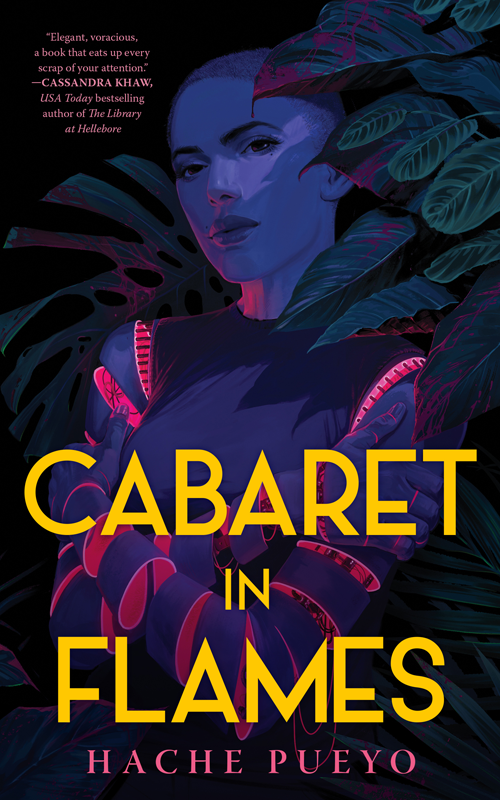
Cabaret in Flames
Hache Pueyo
Post from the A Song of Legends Lost forum
Siavahda finished a book

A Song of Legends Lost
M.H. Ayinde

